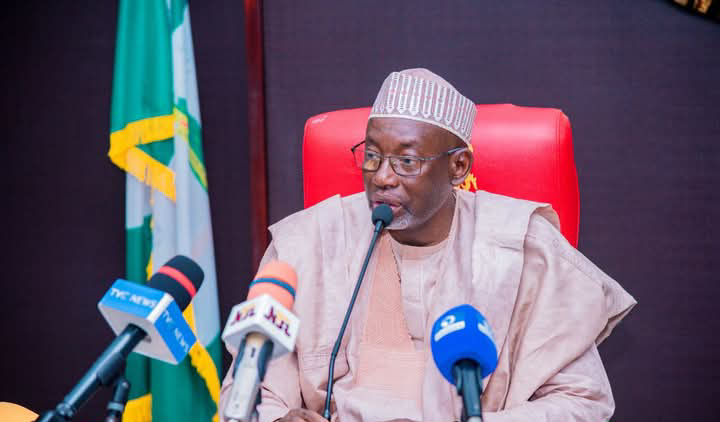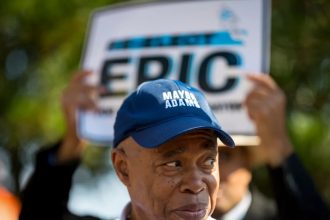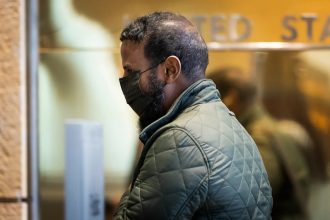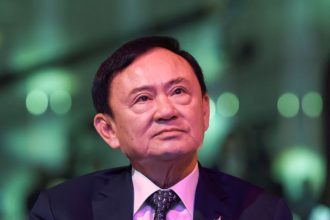Governor Nnamdi Umar of Jigawa State has declared education as the foundation of his administration’s development agenda, revealing that more than 30 per cent of the state’s annual budget has been devoted to the sector.
In an exclusive interview with Arewa PUNCH, the governor said the unprecedented investment was necessary to tackle what he described as “an alarming decline in learning outcomes” across the state.
“We made a conscious decision to rescue the future of our children and reposition Jigawa on the path of sustainable growth,” he said.
“One of our earliest reforms was the restructuring of the Ministry of Education into two distinct bodies, Basic Education and Higher Education, to reduce bureaucracy and ensure targeted interventions.
“A baseline survey conducted afterwards exposed a worrying reality: out of every ten children in Primary One, eight could neither read nor write. This prompted this administration to declare a state of emergency on education.”
To address teacher shortages, Governor Namadi said he confirmed 3,000 J-Teach temporary staff into permanent and pensionable positions and recruited another 3,000 new teachers.
At the senior secondary level, 4,200 teachers were employed – one of the largest intakes in Jigawa’s history.
He further explained that community participation has been strengthened through School-Based Management Committees (SBMCs), which monitor teachers’ attendance, just as the and Mothers’ Forum was also established to ensure that children attended schools.
“These interventions have restored discipline and improved learning,” Namadi noted.
The Jigawa governor also highlighted the state’s partnership with NewGlobe, a UK-based education solutions firm with proven track records in Rwanda and elsewhere.
“The outcomes so far are remarkable, especially in literacy and numeracy,” he disclosed further.
On the integration of the Almajiri system, Nanadi said that his administration renovated the Tsangaya schools, which combined Quranic studies with literacy, numeracy, and vocational training.
He added that three mega Tsangaya boarding schools, each with 1,500-student-capacity and self-sustaining farms, are under construction.
At the higher education level, he pointed out that the former School of Basic Studies in Bambara has been upgraded into the Institute of Vocational Training and furnished with N25 billion worth of modern equipment. Eight secondary schools were also converted into vocational excellence centres to train middle-level manpower, while the University of Technology continues to expand.
While maintaining that teacher development remains central to the reforms, with over 7,000 basic-level teachers and 4,800 higher-level teachers already trained, Namadi stressed that another 10,000 are currently being assessed for retraining.
“Teachers are the backbone of education. Our vision is to build a professional, well-equipped, and motivated teaching workforce that can drive the future of Jigawa through knowledge,” the Jigawa governor further explained.
With bold reforms, international partnerships, and grassroots involvement, the governor insisted that education in Jigawa is on a new trajectory that will redefine the state’s academic future.









